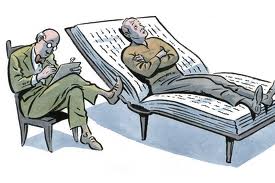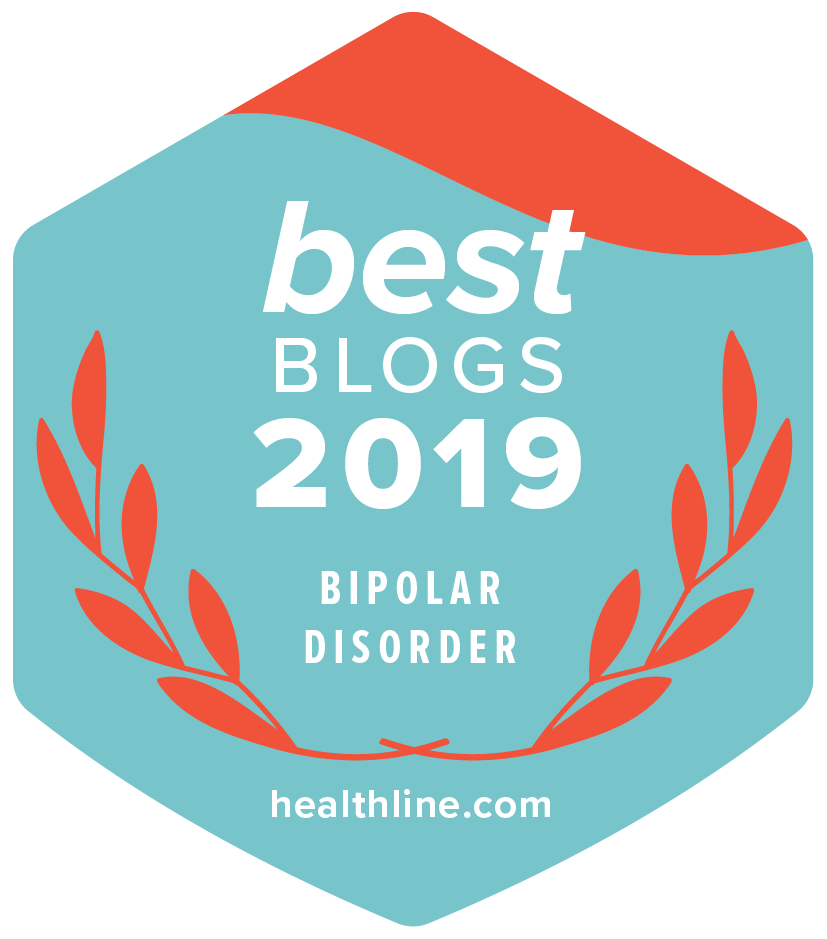 1. Read, read, read: Knowledge about bipolar disorder is your number one tool.
1. Read, read, read: Knowledge about bipolar disorder is your number one tool.
Read the DSM-V- the diagnostic statistical manual and learn about bipolar disorder from a medical point of view. The entry on bipolar disorder is only about ten pages- but you can learn so much! All libraries have this book in their reference department. While you’re there, read about psychotic disorders as well. And if you’re really interested, read about personality disorders and anxiety disorders. People with bipolar disorder share symptoms with all of these disorders which is why it’s such a tough illness to treat. And of course, my books are a great read as well!
Julie







Wow, this is timely. Yesterday I had what I would call one of my “level” days and today I am on that roller coaster going down. Not bad, but enough to know which direction I’m heading but now for how long…today? …the rest of the week? Why why why? I find this so hard to talk about with family because it is such a crazy thing to have to explain and I feel like I should be able to get on top of it and NOT have to deal with this…seems so unfair…not only that it happens but that I can do so little about it even with meds, family support, and management strategies like the cards. I tell myself today, “It will get better,” but it seems hollow sometimes: it’s like I’m hearing myself telling myself but I don’t really believe it.